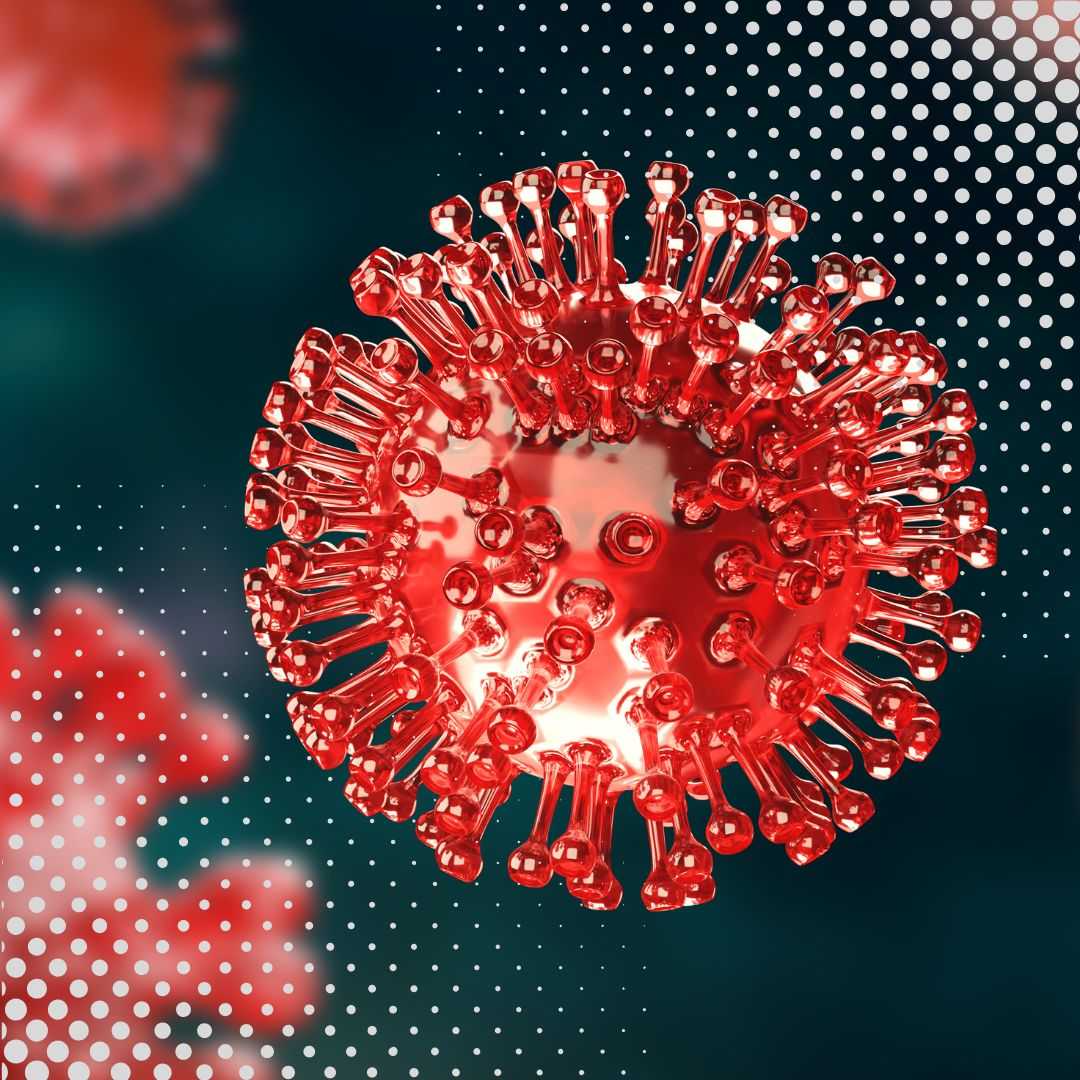
Why Is It Important to Measure Creatinine
Creatinine is a waste product of the body that is produced due to the normal wear and tear of the body muscles. It is actually the breakdown product of creatine phosphate in body muscle, and is normally produced at a fairly constant rate by the body.
Urea and creatinine tests are done to monitor kidney function. If the blood levels of these substances are high, it means that you have a problem with the kidneys.
Normal Values
The ADAM Medical Encyclopedia suggests that normal-range urea levels are 7 to 20 mg / dL *, while creatinine levels go from 0.8 to 1.4 mg / dl.
Why is creatinine used to evaluate the function of the kidneys?
The creatinine produced by the muscles and eliminated by the kidneys. If your muscle mass has not grown (that is, you have not become stronger), but suddenly your blood creatinine levels increase, it is an unequivocal sign that your kidneys are no longer working and are compromised, your kidneys have some problem and need immediate attention because if they cannot eliminate creatinine, they cannot eliminate toxins from the body and this is serious.
High urea may be a sign of kidney disease, congestive heart failure, low blood volume, gastrointestinal bleeding, obstruction of the urinary tract, or high levels of protein in the digestive system. That's why it's combined with the creatinine test, because high urea means several things.
Having high creatinine and urea results is an incalculable combination of renal failure.
What to do?
Renal failure can be reversed if it is detected at an early stage, thanks to the treatment of the Mexstemcells Clinic, but the only way to detect it early is to have a blood and urine testevery year.
If you have questions about how to take care of your kidney health, please click the link below and send us your queries!







.png)
.png)
.png)
.png)






Share this listing